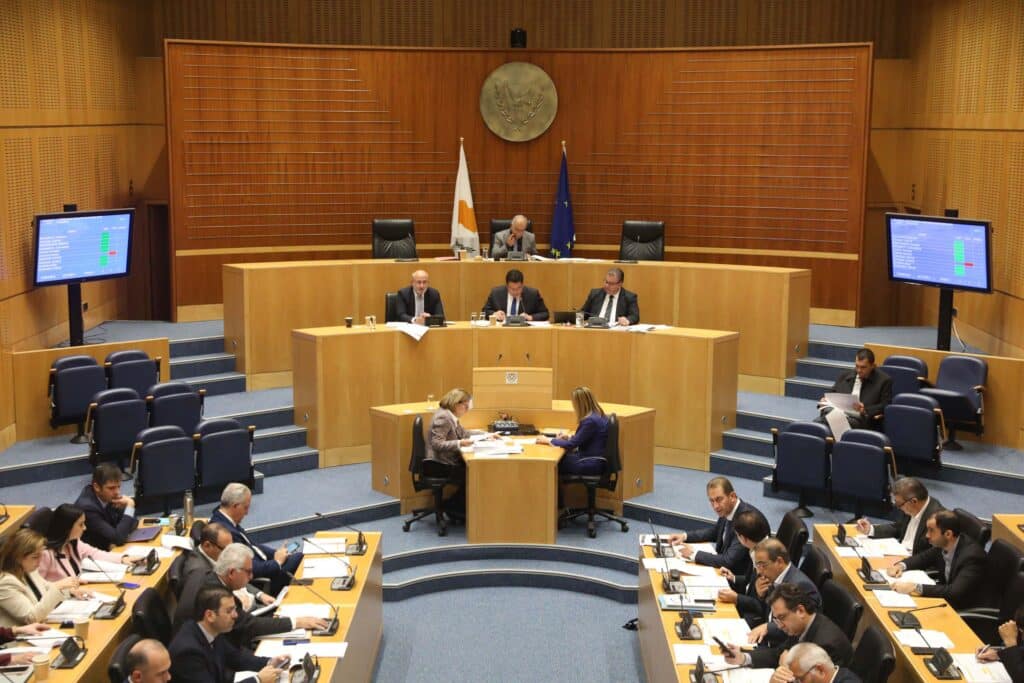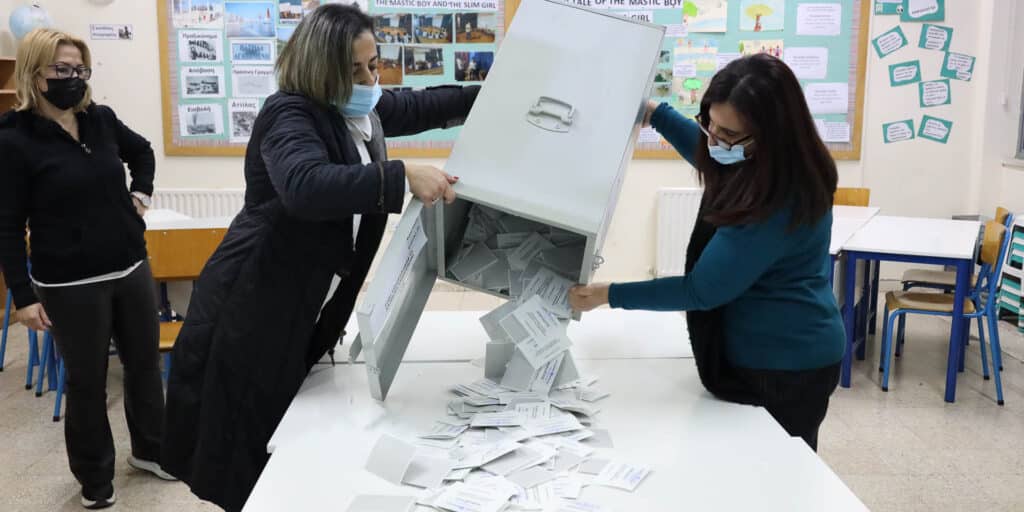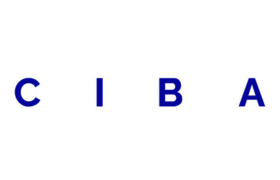As Cyprus prepares to assume the EU Presidency in 2026, the island’s strategic position at the crossroads of Europe, Asia, and Africa – combined with its deepening regional partnerships – continues to strengthen its role as a pivotal hub for diplomacy, trade, and international cooperation.
The Republic of Cyprus is a unitary presidential representative republic, where the President of Cyprus is both head of state and head of government, and executive power is exercised by the government. Legislative power is vested in both the government and the parliament, and the judiciary is independent of the executive and the legislature.
The eighth president of the Republic of Cyprus, Nikos Christodoulides, was elected for a five-year term on 12 February 2023. The former diplomat and foreign minister won in a runoff election taking 51.9% of the vote. Christodoulides ran as an independent with the backing of centrist and right-of-centre parties which traditionally take a hard line on solving the long-running division of Cyprus. His campaign focused on unity, a vision to reunite the island nation and end the Turkish occupation by creating better conditions to restart the dialogue to find a solution.
Constitution, Institutions and Administration
The 1960 constitution provided for power sharing between the Greek Cypriot and Turkish Cypriot communities. Votes on important issues required separate parliamentary majorities, and the Greek Cypriot president and the Turkish Cypriot vice president both had the right of veto on important decisions. The system of government is presidential, with the separation of powers between the executive and the legislature. Presidential elections are held every five years, with the next presidential election due in February 2028. Ministers, who are appointed by the president, cannot hold seats in the House of Representatives. The House of Representatives is elected by proportional representation. Its normal term is five years.
Council of Ministers
- President of the Republic of Cyprus – Nikos Christodoulides
- Minister of Foreign Affairs – Constantinos Kombos
- Minister of Finance – Makis Keravnos
- Minister of Interior – Konstantinos Ioannou
- Minister of Defence – Vasilis Palmas
- Minister of Health – Neophytos Charalambides
- Minister of Education, Sport and Youth – Athina Michaelidou
- Minister of Transport, Communications and Works – Alexis Vafeades
- Minister of Energy, Commerce and Industry – Michael Damianos
- Minister of Agriculture, Rural Development and Environment – Maria Panayiotou
- Minister of Labour and Social Insurance – Marinos Moushiouttas
- Minister of Justice and Public Order – Constantinos Fitiris
- Government Spokesman – Konstantinos Letymbiotis
- Deputy Minister of Shipping – Marina Hadjimanolis
- Deputy Minister of Tourism – Kostas Koumis
- Deputy Minister of Research, Innovation and Digital Policy – Nicodemos Damianou
- Deputy Minister of Social Welfare – Clea Hadjistephanou-Papaellina
- Deputy Minister of Culture – Vasiliki Kassianidou
- Deputy Minister for European Affairs – Marilena Raouna
- Deputy Minister of Migration and International Protection – Nicholas A. Ioannides
Political Parties
Dominant Political Parties:
• Democratic Rally (DISY), a centre-right party
• Progressive Party of the Working People (AKEL), a left-wing party
• Democratic Party (DIKO), a centre-right party
Smaller Political Parties:
• Movement of Social Democracy (EDEK), a social democratic party
• Ecologists Movement, also known as the Cyprus Green Party
• National People’s Front (ELAM), an ultranationalist party
All rights reserved. The material on this site may not be reproduced, distributed, transmitted, cached, or otherwise used, except with the prior written permission of The Profiler Group.
December 2025












